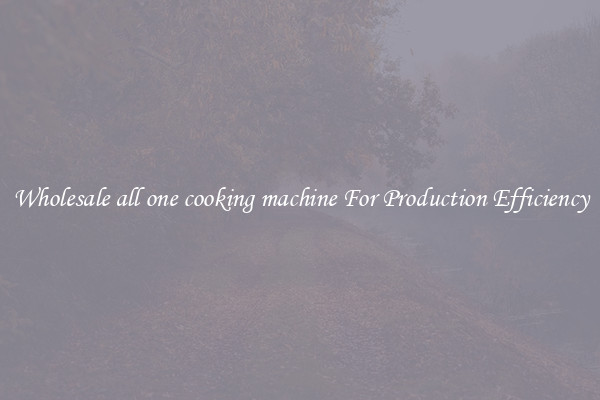Advanced fish plough For Efficiency In Farming
Farming is a demanding occupation that requires constant innovation and adaptation to keep up with the ever-changing demands of the industry. One area that has seen significant advancements in recent years is the use of advanced equipment like the fish plough.

The fish plough is a specialized piece of equipment that is used to improve the efficiency of farming operations, particularly in areas where soil quality is poor or where traditional farming methods are not yielding the desired results. This innovative tool works by tilling the soil and introducing nutrients into the ground, which helps to improve soil quality and promote better crop growth.
One of the key benefits of using a fish plough is that it helps to reduce the need for chemical fertilizers and pesticides, which can be harmful to the environment and expensive for farmers. By using natural methods to improve soil quality, farmers can reduce their reliance on these potentially harmful chemicals and create a more sustainable farming operation.
Another advantage of using a fish plough is that it can significantly increase crop yields. By tilling the soil and introducing nutrients into the ground, farmers can create optimal growing conditions for their crops, leading to higher yields and better quality produce. This can not only increase profits for farmers but also help to ensure food security for communities that rely on these crops for sustenance.
In addition to these benefits, the fish plough also helps to reduce the amount of manual labor required for farming operations. By using a machine to till the soil and introduce nutrients, farmers can save time and energy, allowing them to focus on other aspects of their operation. This can lead to increased productivity and efficiency on the farm, ultimately leading to higher profits and a more sustainable operation.
Overall, the use of advanced equipment like the fish plough can help to improve the efficiency of farming operations and promote more sustainable practices in the industry. By reducing the need for chemical inputs, increasing crop yields, and saving time and labor, farmers can create a more productive and environmentally friendly operation that benefits both themselves and the communities they serve.

View details

View details

View details

View details








